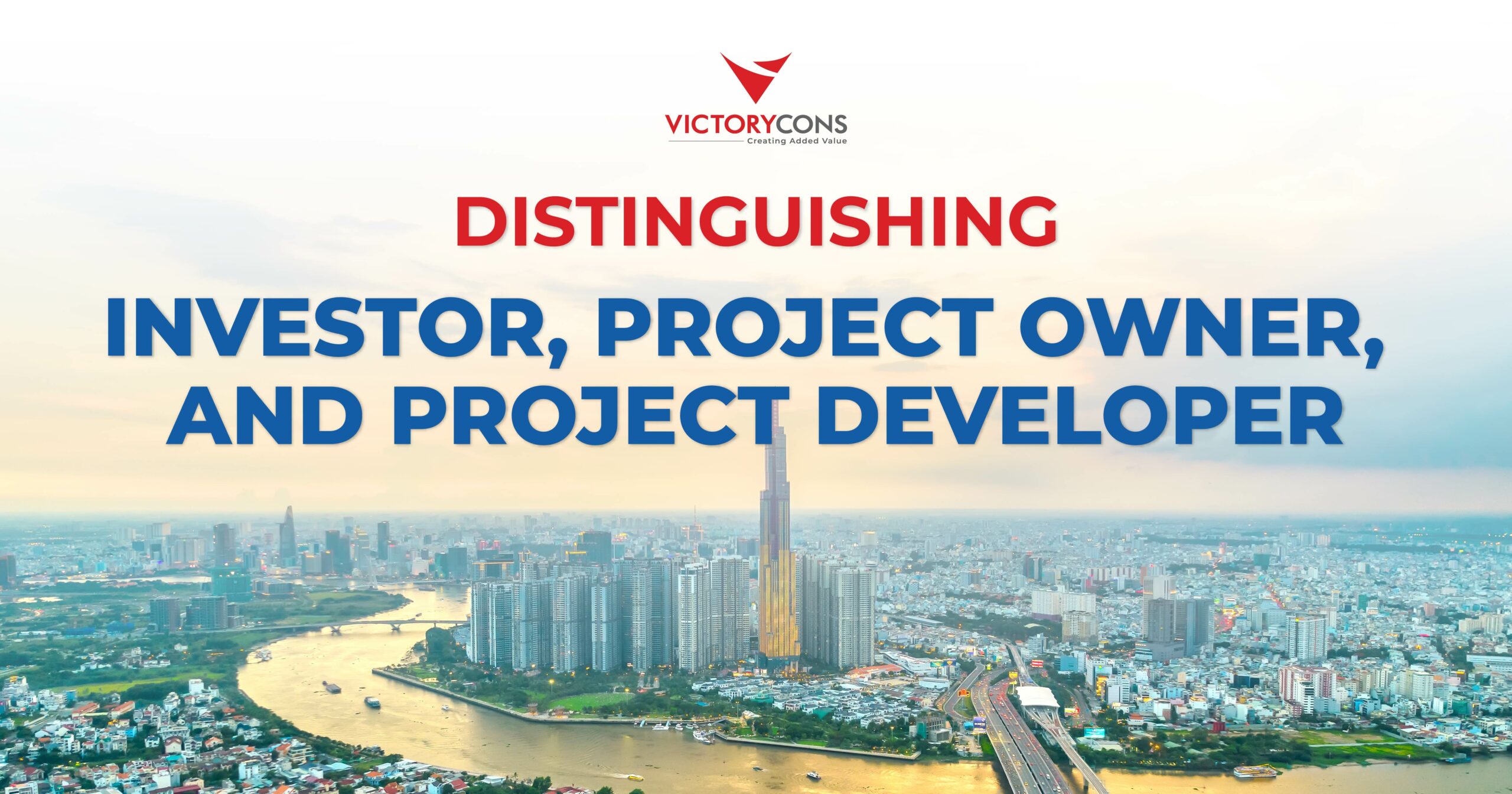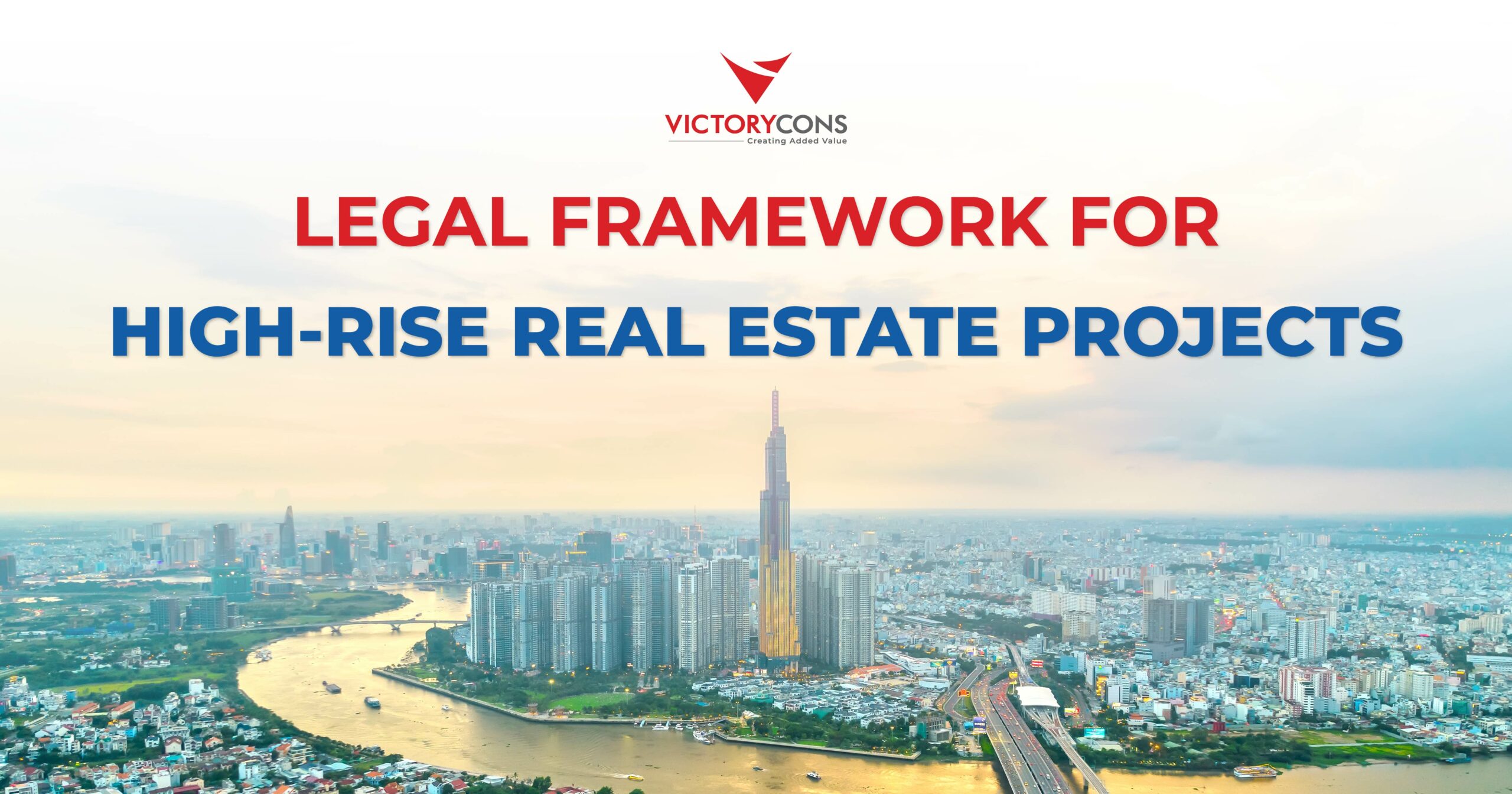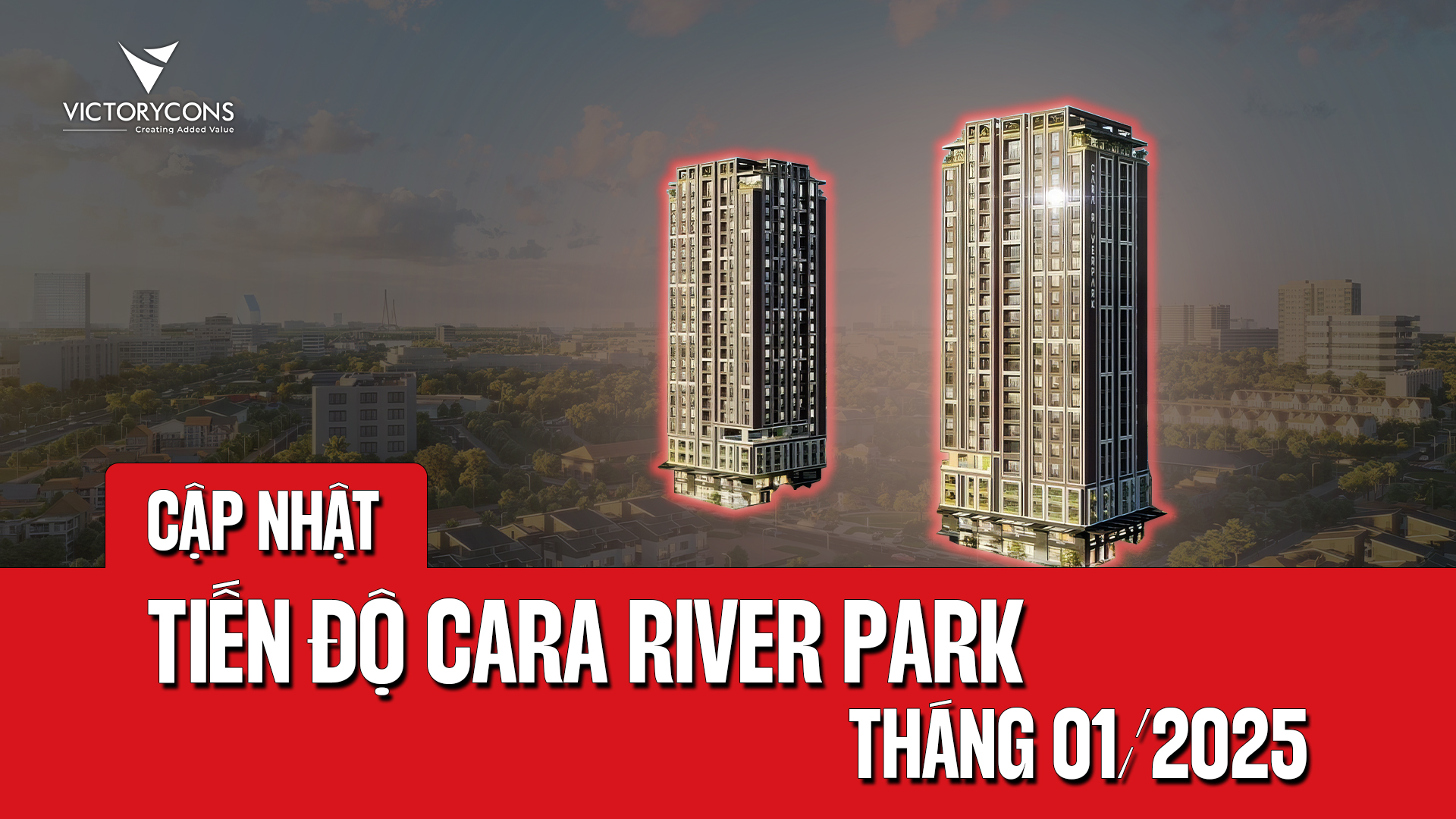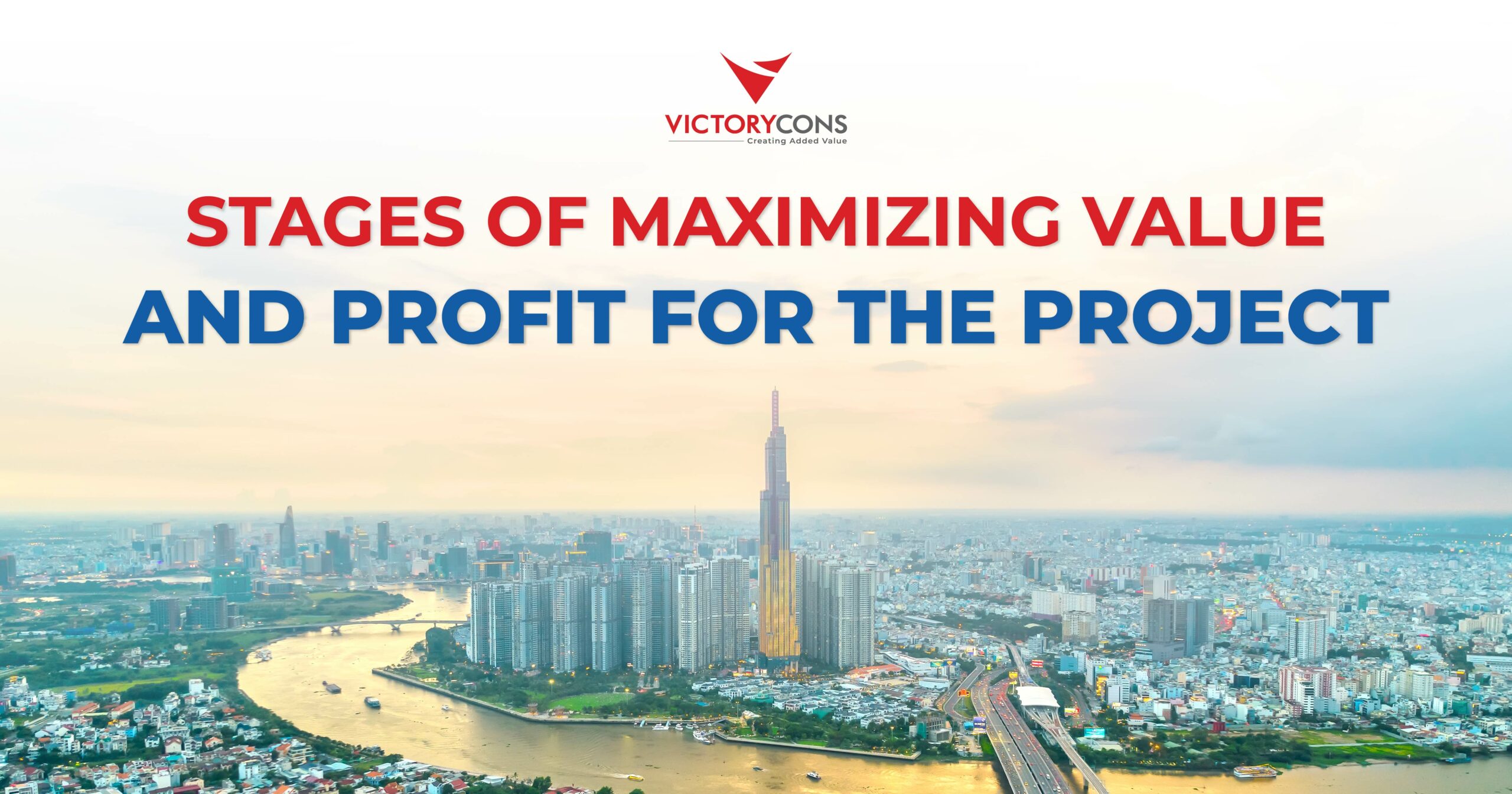In the real estate sector, the three concepts of Investor, Project Owner, and Project Developer are often confused. Although they all participate in the development of a real estate project, each entity has distinct roles, functions, and responsibilities. Understanding the differences between these three parties helps optimize the investment process and project execution efficiently. This article will focus on commercial housing projects (condominiums, urban areas, residential areas, and land subdivision projects) and capital sources outside the state budget.
1. Who is an Investor?
According to Article 3 of the Investment Law 2020, an Investor is defined as an organization or individual conducting business investment activities, including domestic investors, foreign investors, and economic organizations with foreign investment capital.
In simpler terms, an Investor refers to an individual, enterprise, or organization that provides capital for a specific project or sector with the aim of generating economic benefits, with financial profit being the most crucial factor.

Who is a Project Owner?
The Investor is an organization that meets the legal requirements to execute a real estate project. According to Article 35 of the Housing Law 2023, an entity seeking to become an Investor for a commercial housing project must satisfy the following criteria: have real estate business functions, possess equity capital as stipulated in the Real Estate Business Law, with at least 20% of the total investment capital for projects smaller than 20 hectares and at least 15% of the total investment capital for projects larger than 20 hectares.
Additionally, the Investor must have lawful land use rights as prescribed by the Land Law and demonstrate competence and experience in implementing housing investment projects. These conditions ensure that the Investor has the financial, legal, and managerial capacity to effectively execute the project while complying with legal regulations.
What is a Project Developer?
A Project Developer is an entity with full functions, capabilities, and experience in developing commercial housing projects. With comprehensive management abilities, a Project Developer possesses the necessary connections and expertise to resolve all obstacles during project implementation, ensuring 100% project success.
In practice, a Project Developer may collaborate with an Investor or Project Owner to execute part or all of the work involved in real estate investment, depending on the agreements between the parties.

Which Phase Do the Investor, Project Owner, and Project Developer Participate in During a Project?
In the real estate development process, the Investor, Project Owner, and Project Developer play different roles and participate in specific phases. Understanding each party’s involvement helps optimize investment, implementation, and project operation more effectively.
Research & Investment Preparation Phase (Mainly Led by the Investor)
This is the initial evaluation phase to assess the project’s potential and feasibility before execution. During this stage, the Investor is responsible for key activities such as:
- Market Research: Analyzing real estate trends, customer demand, and regional potential.
- Finding Suitable Land/Projects: Identifying legal status, strategic location, and development conditions.
- Investment Feasibility Analysis (FS – Feasibility Study): Developing financial plans, business strategies, and risk assessments.
The Investor plays a central role in this phase, making key investment decisions and setting the strategic direction for project development.

Investment Implementation Phase (Mainly Led by the Project Owner)
Once the project is approved, the Project Owner takes charge of executing key steps to bring the project to reality. This phase includes:
- Transferring Land/Project Assets into the Business: Completing all necessary legal procedures.
- Project Legal Procedures: Obtaining construction permits, detailed planning approvals, and investment licenses.
- Construction Execution: Implementing the construction process based on the approved design.
- Design & Business Development: Finalizing detailed designs, preparing marketing, and sales strategies.
The Project Owner oversees the implementation process, ensuring progress is met and that all legal regulations are followed.
Investment Completion Phase (Project Owner Continues Project Management & Operations)
Once the project is completed, the Project Owner proceeds with handover and operational management, including:
- Inspection & Handover: Quality control inspections and delivering the final product to customers.
- Warranty, Maintenance & Operations Management: Ensuring post-sale services, maintaining technical systems, and preserving project quality.
The Project Owner plays a critical role in maintaining project stability after completion.
See the detailed article on the Real Estate Project Investment Implementation Process here!
Should Investors/Project Owners Collaborate with a Project Developer?
The collaboration with a Project Developer (PD) depends on the capability and experience of the Investor/Developer in executing a real estate project. If the Investor/Developer meets all the necessary conditions to independently carry out the project, partnering with a PD may not be necessary.
Specifically, if they fulfill the legal requirements to act as a Developer, possess the ability to manage legal risks, optimize project execution time, and enhance project value, while also maintaining a well-structured management system with specialized departments, strong legal knowledge, a deep understanding of the market, and hands-on experience in project implementation, they can proceed with the project independently without the assistance of a PD.

On the other hand, if the Investor/Developer does not meet the above conditions, partnering with a Project Developer (PD) is an optimal choice to ensure efficient project execution. A PD can help shorten implementation time, optimize investment costs, mitigate legal risks, and enhance the project’s value. Additionally, they possess extensive networks and in-depth expertise, facilitating smooth project operations and increasing the success rate.
Advice: Before deciding on a collaboration, the Investor/Developer should carefully evaluate the capabilities, experience, and credibility of the PD to ensure an effective partnership, minimize risks, and maximize project benefits.
Infographic summarizing the article content:
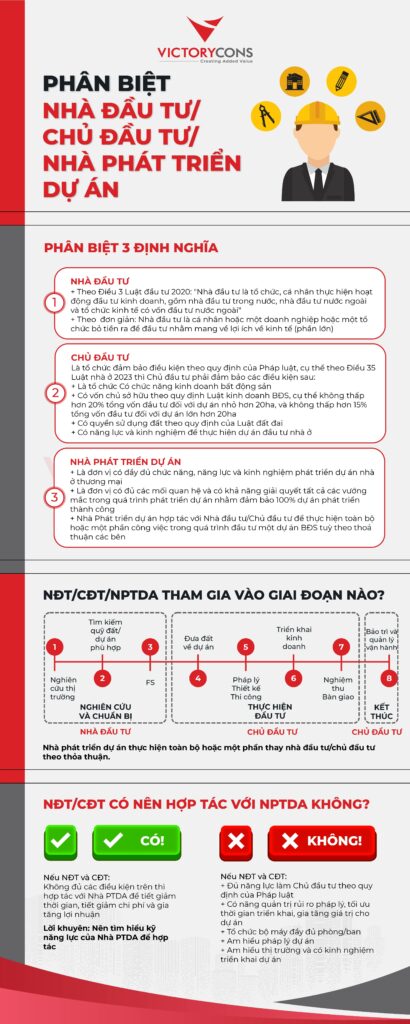
VictoryCons is a reputable general contractor and project developer, partnering with Investors and Developers to execute high-quality projects, ensure progress, and optimize costs. With extensive experience in delivering large-scale projects, we are committed to providing professional construction solutions that maximize investment efficiency. Contact VictoryCons today for expert consultation and collaboration with a trusted partner in the real estate industry!
New strategy, new team – VictoryCons lays the foundation for success in 2025
The Most Comprehensive Legal Framework for High-Rise Real Estate Projects
Construction Progress of Cara River Park – January 2025
The Stages That Maximize Value and Profit for a Project
